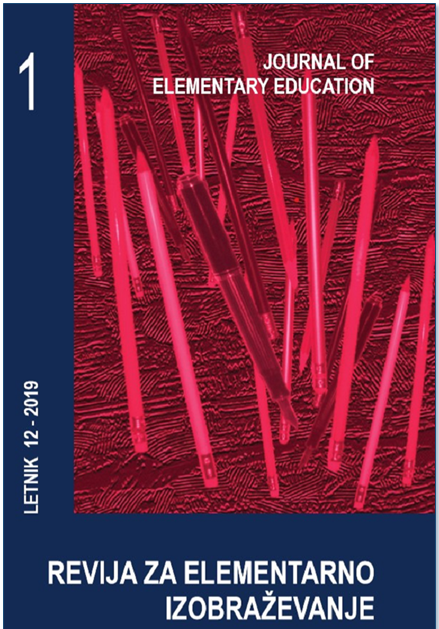Informal Learning among Teenagers through Video Games
a Qualitative Analysis of Experiences, Game Modes and Didactic Benefits
DOI:
https://doi.org/10.18690/rei.12.1.1-25.2019Keywords:
digital media, informal learning, teenagers, video games, qualitative analysisAbstract
The paper analyzes the positive effects of video games on teen development and on teenagers' informal learning. The participants in the research were teenagers. The analysis and interpretation of games and
explanations of their pedagogical merit indicate that players recognize their value for informal learning. Latent characteristics of video games include positive elemests such as taking responsibility, teamwork, sense of belonging, creativity, multiculturalism, personal virtues and values, emotion management, learning new information and skills, motor skills development and professional orientation. In that respect, it is possible to conclude that gaming may help in the development of certain abilities important for informal as well as formal learning in today's digital age.
Downloads
References
Downloads
Published
Issue
Section
License
Copyright (c) 2019 Milan Matijević, Tomislav Topolovčan

This work is licensed under a Creative Commons Attribution 4.0 International License.
